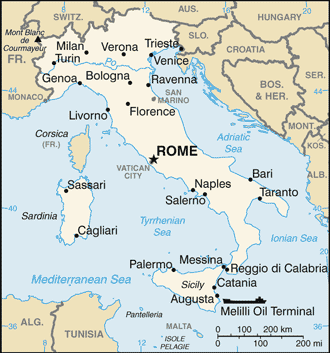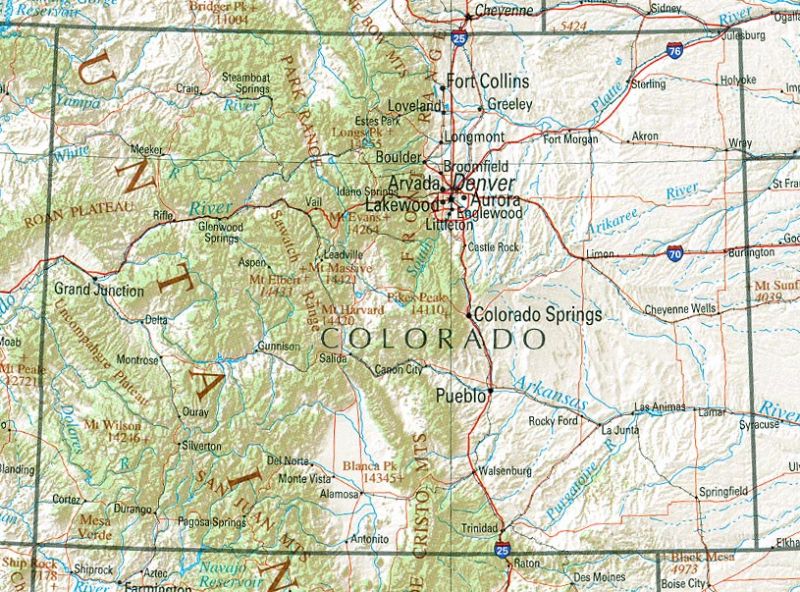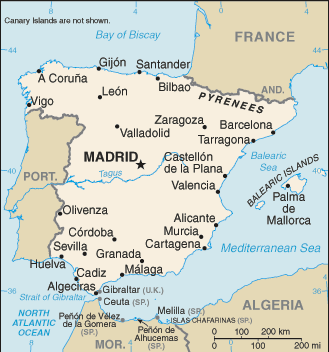 Italy's government announced Sept. 18 plans to cultivate medical marijuana at a secure military lab outside Florence and distribute it through pharmacies. Medical marijuana has been legal in Italy since 2007, but only some 60 patients have signed up with the program overseen by the national healthcare system, the Azienda Sanitaria Locale. The Florence Military Chemical-Pharmaceutical Plant (SCFM) currently produces so-called "orphan drugs" no longer made by large pharmaceutical companies but still needed to treat rare diseases. It is now to grow cannabis under a deal signed between Defense Minister Roberta Pinotti and Health Minister Beatrice Lorenzin. "The institute already produces some medicines," Pinotti told Reuters, addressing the unlikely prospect of entrusting the military with weed cultivation. "And we can guarantee security conditions."
Italy's government announced Sept. 18 plans to cultivate medical marijuana at a secure military lab outside Florence and distribute it through pharmacies. Medical marijuana has been legal in Italy since 2007, but only some 60 patients have signed up with the program overseen by the national healthcare system, the Azienda Sanitaria Locale. The Florence Military Chemical-Pharmaceutical Plant (SCFM) currently produces so-called "orphan drugs" no longer made by large pharmaceutical companies but still needed to treat rare diseases. It is now to grow cannabis under a deal signed between Defense Minister Roberta Pinotti and Health Minister Beatrice Lorenzin. "The institute already produces some medicines," Pinotti told Reuters, addressing the unlikely prospect of entrusting the military with weed cultivation. "And we can guarantee security conditions."

 While ISIS has sparked global outrage with its
While ISIS has sparked global outrage with its  Well, here's some telling news. According to the
Well, here's some telling news. According to the  In the past few years, Spain's freewheeling Mediterranean port city of Barcelona has come to rival Amsterdam as Europe's premier cannabis scene, with a proliferation of clubs where merry-makers openly light up. Now the
In the past few years, Spain's freewheeling Mediterranean port city of Barcelona has come to rival Amsterdam as Europe's premier cannabis scene, with a proliferation of clubs where merry-makers openly light up. Now the  US Rep.
US Rep.  The
The  The decrim train rolled into Philadelphia on June 19 as the
The decrim train rolled into Philadelphia on June 19 as the 





Recent comments
1 week 5 days ago
2 weeks 5 days ago
6 weeks 5 days ago
10 weeks 3 days ago
14 weeks 4 days ago
15 weeks 2 days ago
25 weeks 2 days ago
29 weeks 2 days ago
30 weeks 3 days ago
30 weeks 3 days ago